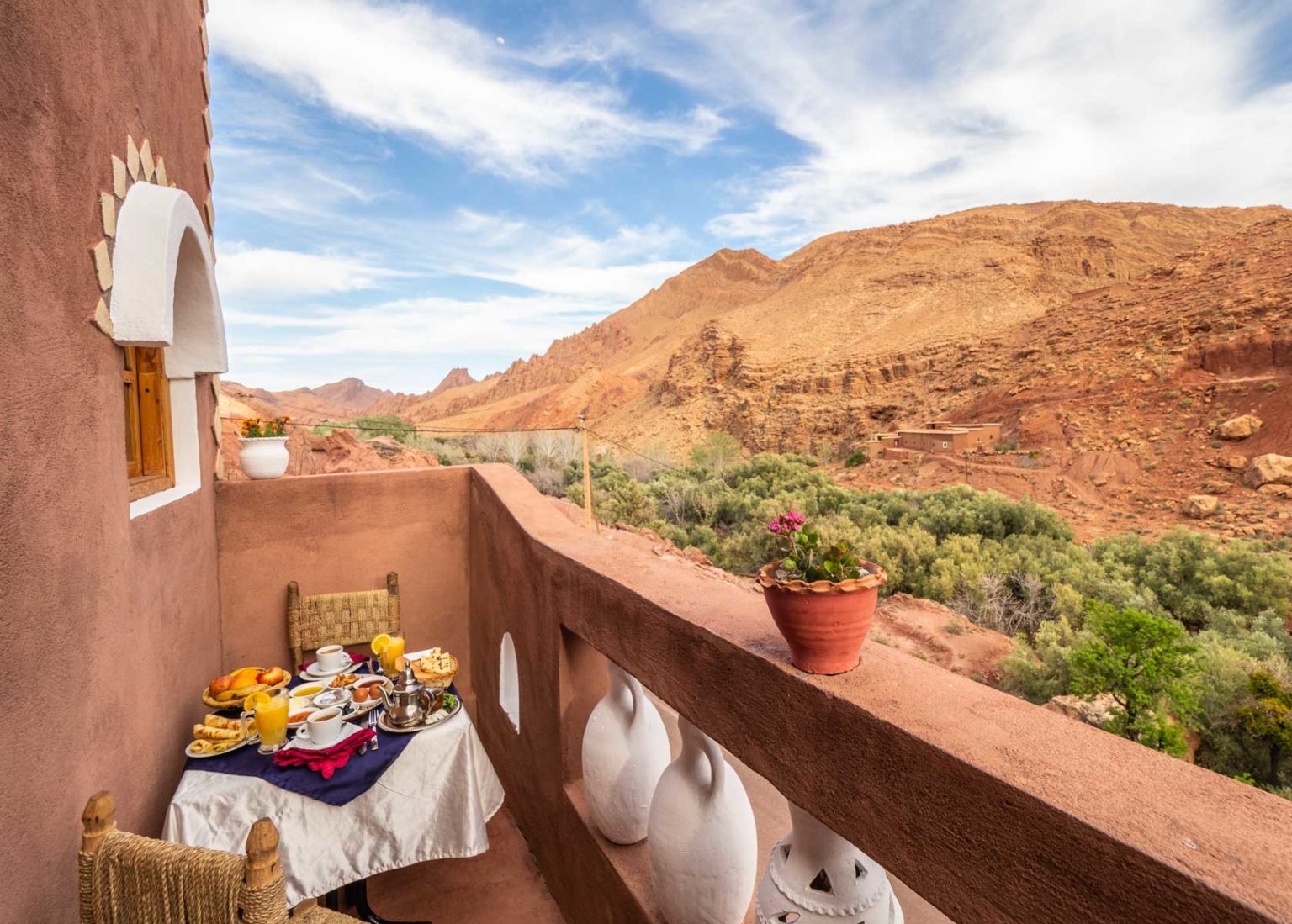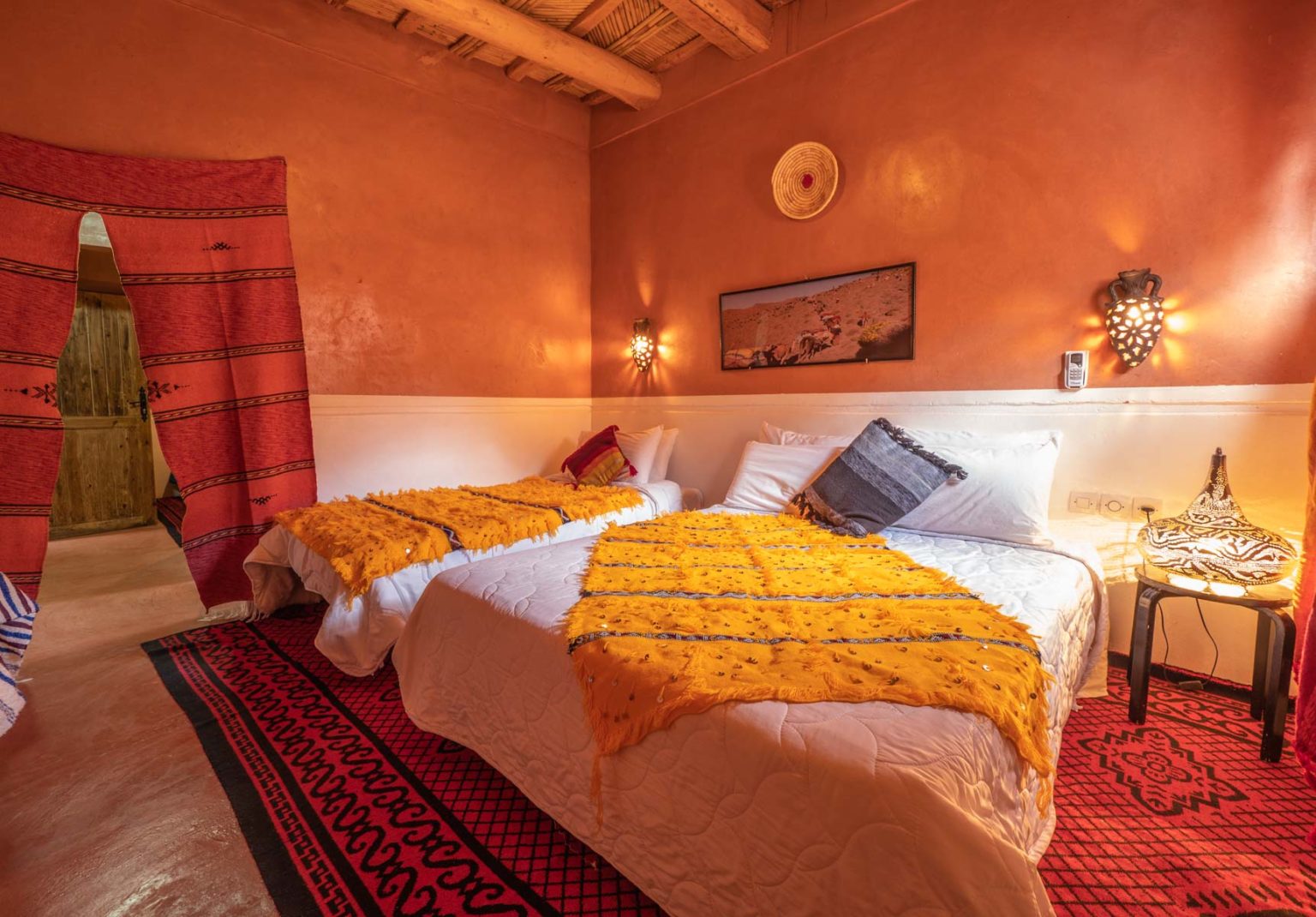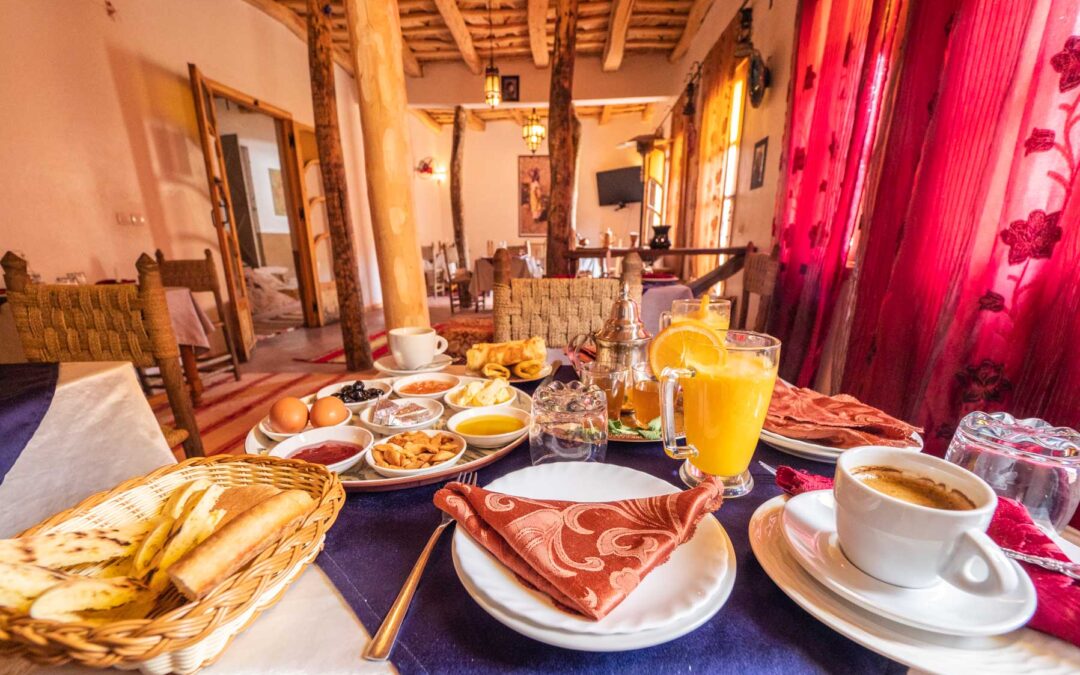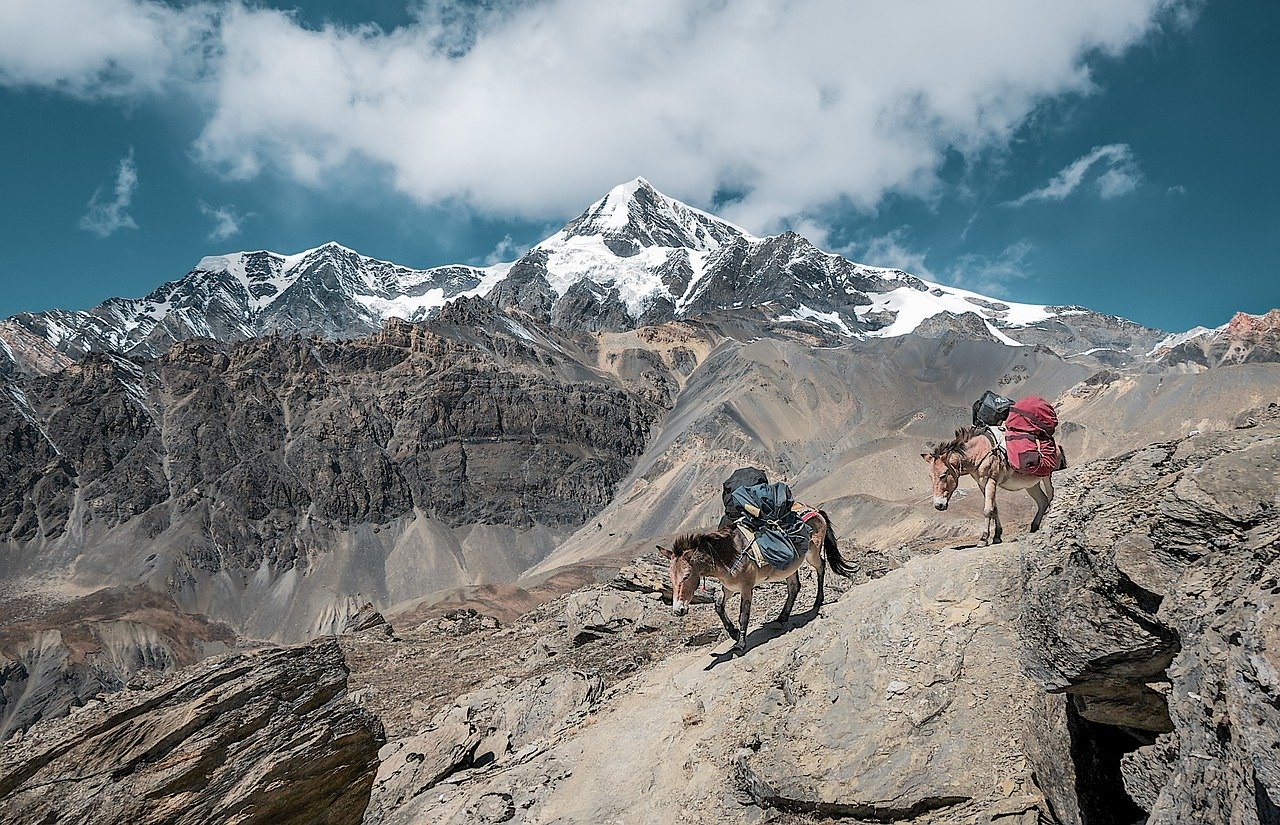
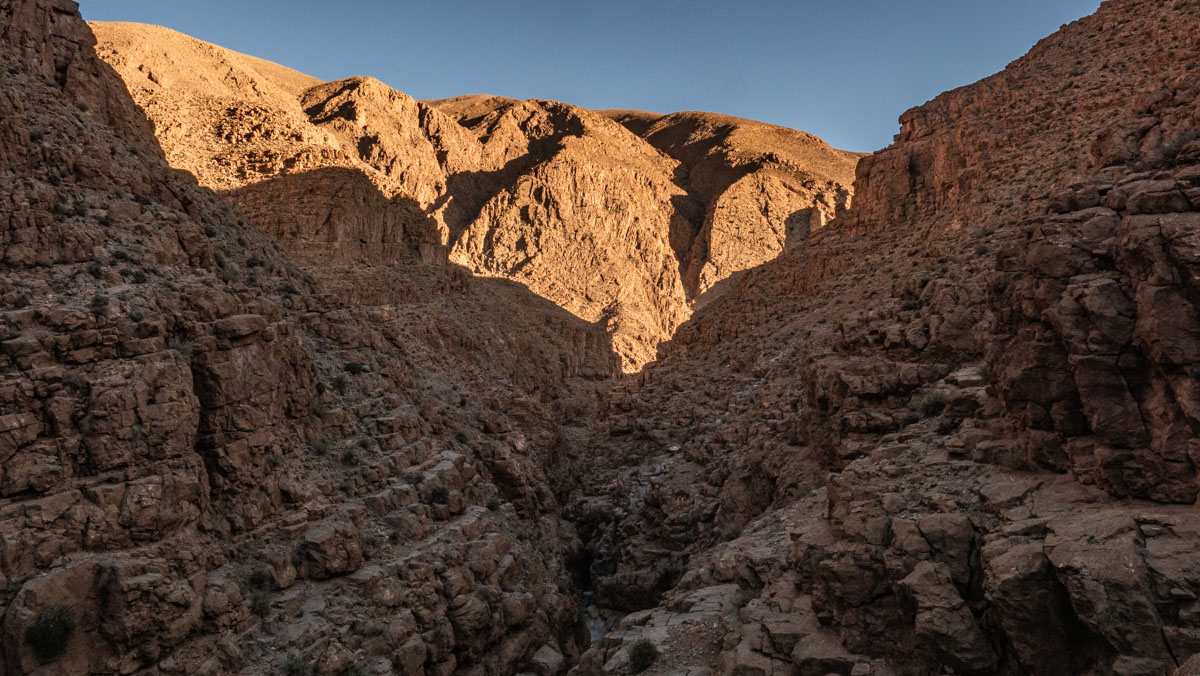
Exploring Historical Berber Sites in Morocco
When planning a trip to Morocco, one cannot miss the opportunity to explore the historical Berber sites that dot the landscape of this North African country. The Berbers, an indigenous ethnic group of North Africa, have a rich history that is reflected in the architecture, art, and culture of the region. In this guide, we will take you on a journey through some of the most fascinating historical Berber sites to visit in Morocco, with a focus on the renowned Auberge Atlas Dades.
The Kasbah of Ait Benhaddou
Located near the city of Ouarzazate, the Kasbah of Ait Benhaddou is a UNESCO World Heritage site that offers a glimpse into the ancient Berber way of life. This well-preserved mud-brick fortress is a prime example of traditional Berber architecture and has been featured in numerous films and TV shows, including Game of Thrones. Visitors can wander through the narrow alleys, admire the intricate carvings, and enjoy breathtaking views of the surrounding desert landscape.
The Medina of Fez
As one of the oldest imperial cities in Morocco, Fez is home to a vibrant medina that is a UNESCO World Heritage site. The medina is a maze of narrow streets, bustling souks, and historic buildings that date back centuries. Visitors can explore the ancient tanneries, visit the Al-Attarine Madrasa, and marvel at the intricate tile work of the Bou Inania Madrasa. The medina of Fez offers a fascinating glimpse into the rich history and culture of the Berber people.
The Atlas Mountains
The Atlas Mountains are a majestic range that stretches across Morocco, offering stunning natural beauty and a glimpse into traditional Berber life. Visitors can embark on hikes through the mountains, visit remote Berber villages, and experience the warm hospitality of the local people. One of the highlights of the Atlas Mountains is the Dades Valley, known for its dramatic landscapes, lush oases, and ancient kasbahs. Auberge Atlas Dades is a charming guesthouse nestled in this picturesque valley, offering a peaceful retreat for travelers.
Todgha Gorge
Located in the eastern part of the High Atlas Mountains, Todgha Gorge is a spectacular canyon carved by the Todgha River. The towering cliffs, crystal-clear waters, and lush palm groves make Todgha Gorge a popular destination for hikers and nature lovers. Visitors can hike along the river, rock climb the sheer cliffs, or simply relax and enjoy the breathtaking scenery. Nearby, the town of Tinerhir offers a glimpse into traditional Berber life and culture.
Essaouira
While not traditionally a Berber city, Essaouira is a charming coastal town that reflects Morocco’s diverse cultural heritage. The town’s medina is a UNESCO World Heritage site, known for its well-preserved ramparts, bustling souks, and vibrant art scene. Visitors can explore the narrow streets, visit the old fortress, and relax on the sandy beaches. Essaouira’s laid-back atmosphere and unique blend of Berber, Arab, and European influences make it a must-visit destination in Morocco.
In conclusion, Morocco’s historical Berber sites offer a fascinating
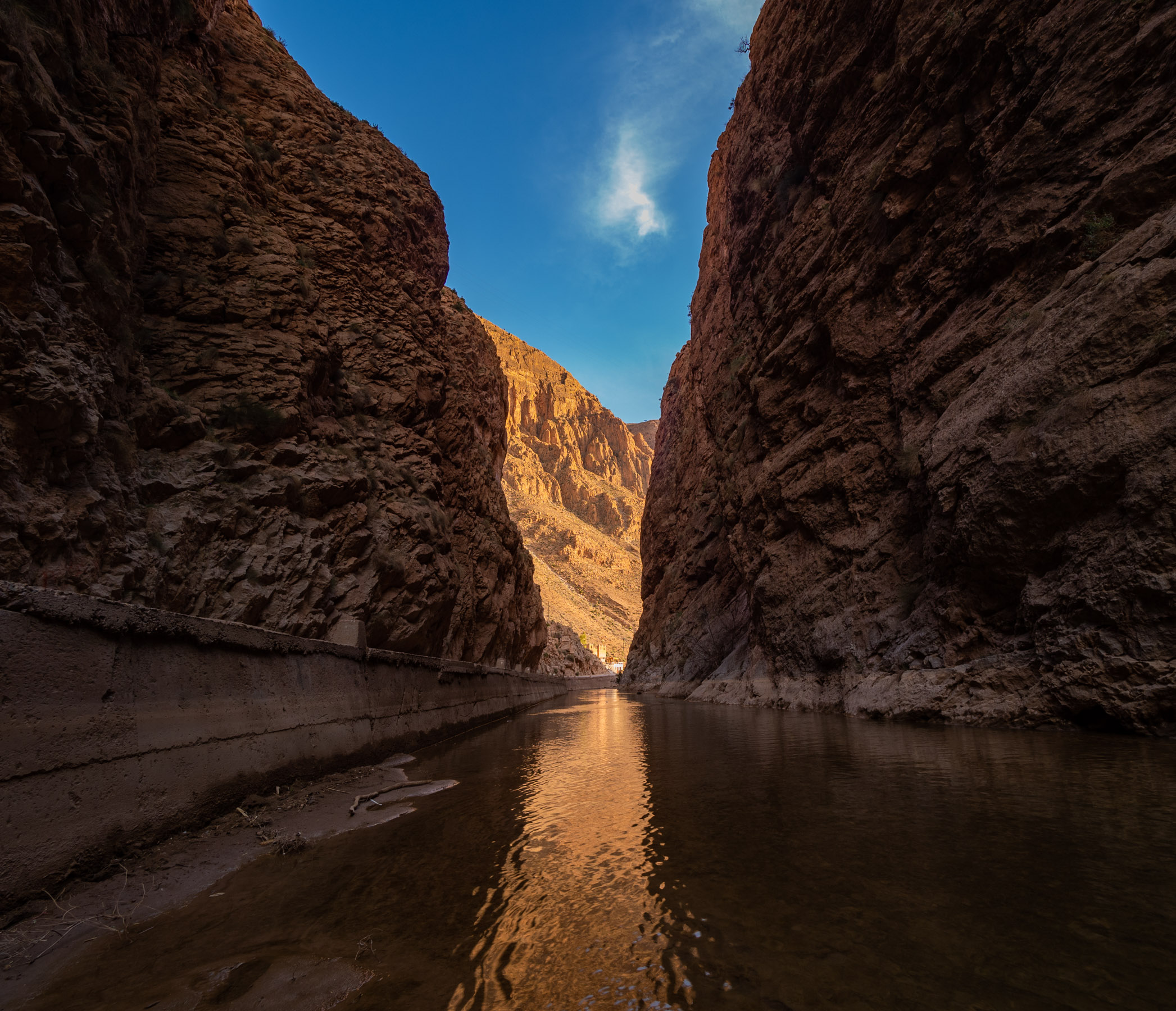
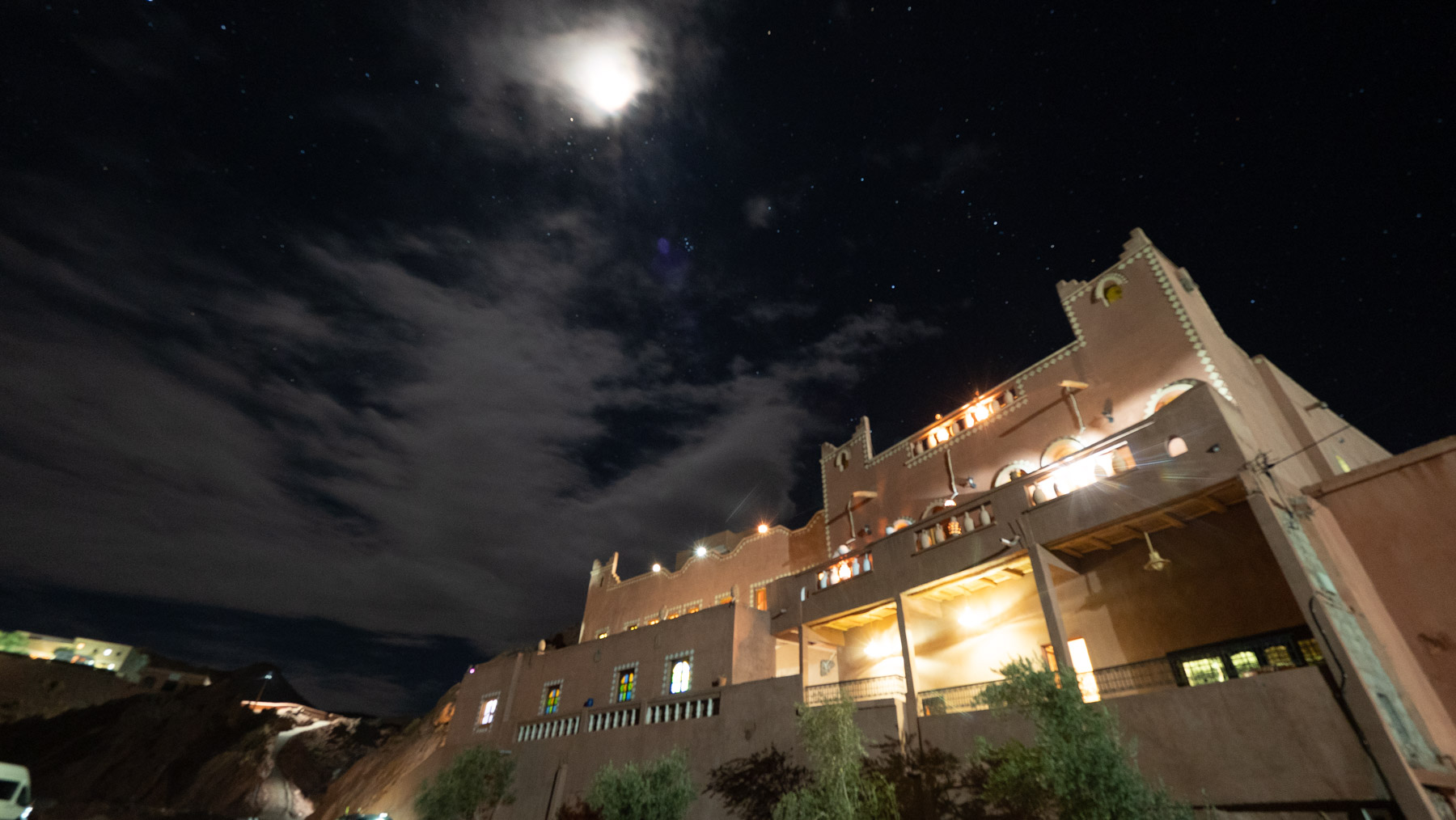
Exploring Historical Berber Sites in Morocco: Expert Travel Tips
When it comes to discovering the rich history and culture of Morocco, exploring the Historical Berber Sites is a must-do for any traveler. These ancient sites offer a glimpse into the fascinating world of the Berber people, their traditions, and their way of life. If you’re planning a trip to Morocco and are interested in visiting these historical sites, here are some expert tips to help you make the most of your experience:
1. Research and Plan Ahead
Before embarking on your journey to explore Historical Berber Sites in Morocco, it’s essential to do thorough research and plan your itinerary. Identify the specific sites you want to visit, learn about their historical significance, and understand their cultural importance. This preparation will not only enhance your understanding of the sites but also help you appreciate them on a deeper level.
2. Hire a Knowledgeable Guide
One of the best ways to truly immerse yourself in the history of the Berber Sites is by hiring a knowledgeable guide. A local guide can provide you with valuable insights, historical context, and interesting anecdotes that you might not find in guidebooks. They can also help you navigate the sites efficiently and ensure you don’t miss any important details.
3. Respect the Cultural Heritage
As you explore the Historical Berber Sites, it’s crucial to respect the cultural heritage of the Berber people. Follow any rules or guidelines set by the site authorities, avoid touching or damaging any artifacts, and be mindful of local customs and traditions. By showing respect for the sites and their history, you contribute to their preservation for future generations.
4. Engage with the Local Community
While visiting Historical Berber Sites, take the time to engage with the local community. Talk to the residents, learn about their way of life, and immerse yourself in the Berber culture. By interacting with the locals, you’ll gain a deeper appreciation for the sites and create meaningful connections that can enrich your travel experience.
5. Capture Memories Responsibly
Photography is a great way to preserve your memories of the Historical Berber Sites, but it’s essential to do so responsibly. Avoid taking photos of sensitive areas or people without their permission, and always be mindful of the impact of your actions on the sites and the local community. Remember that your photos should tell a story while also respecting the privacy and dignity of others.
6. Stay Curious and Open-Minded
As you explore the Historical Berber Sites in Morocco, keep an open mind and stay curious about the history and culture you encounter. Be willing to learn, ask questions, and engage in meaningful discussions with your guide and fellow travelers. Embracing new perspectives and ideas will enrich your travel experience and help you gain a deeper understanding of the Berber heritage.
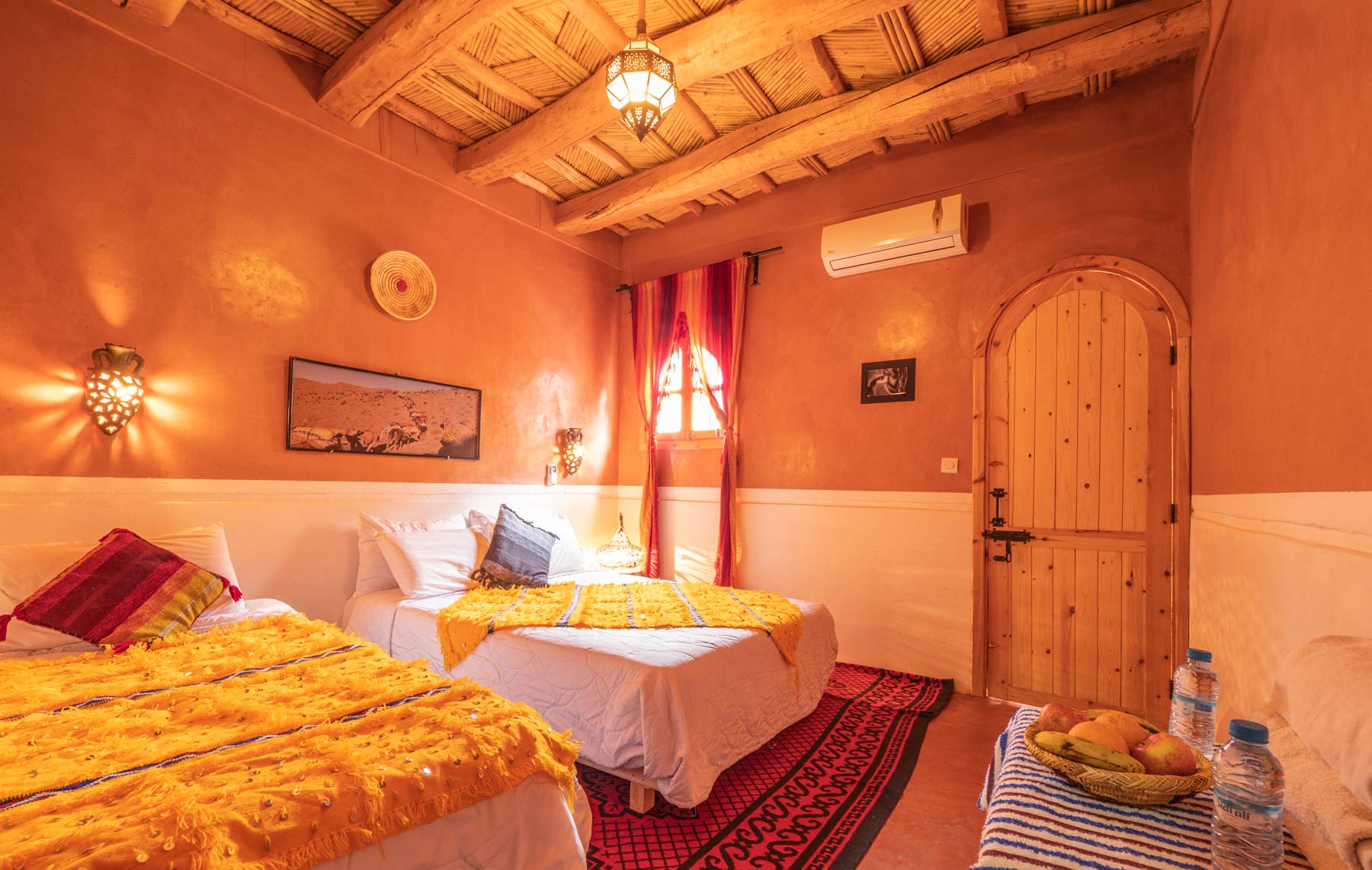
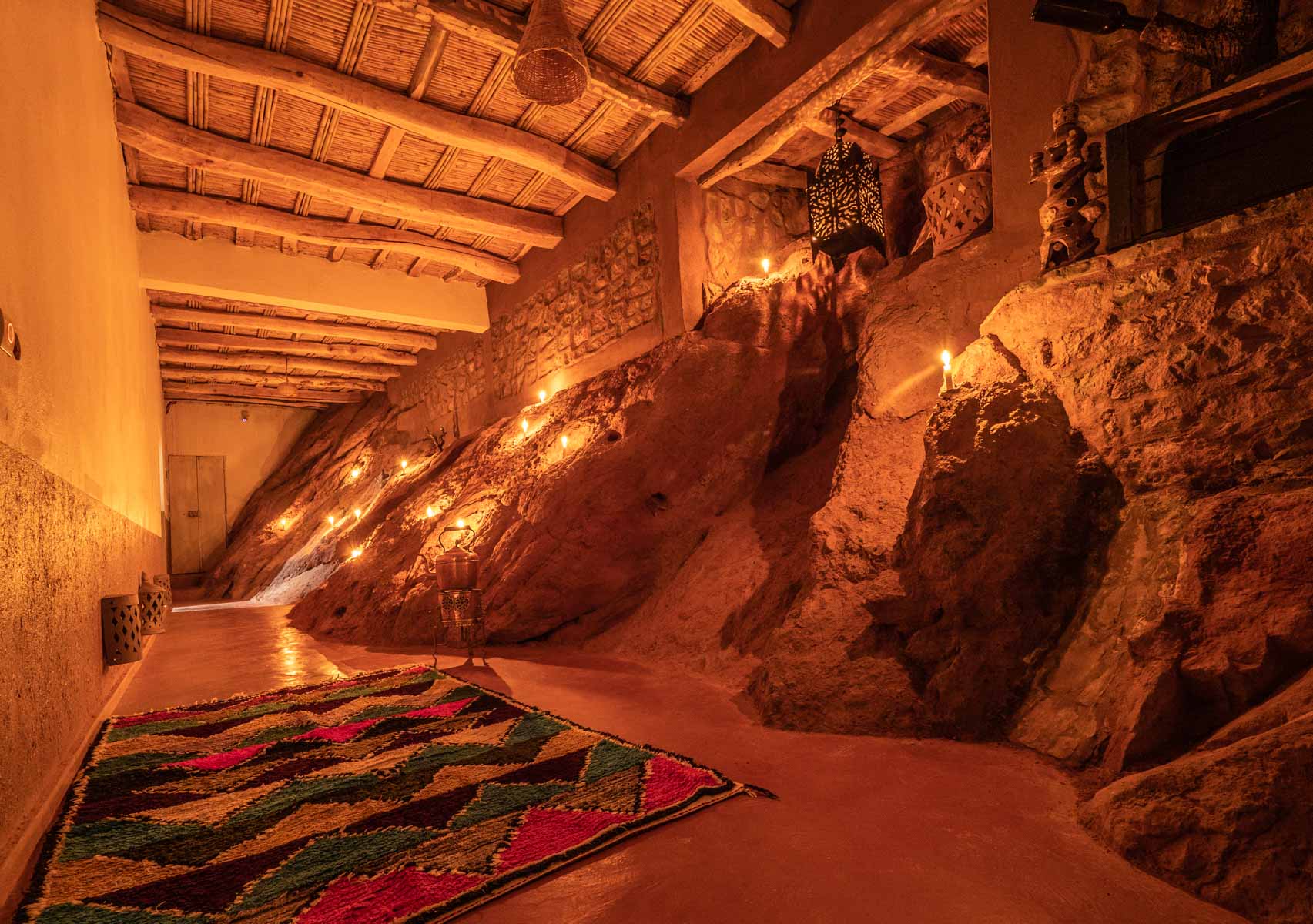
Exploring Historical Berber Sites in Morocco
When it comes to exploring the rich history of Morocco, delving into the world of the Berber people is a must. The Berbers, an indigenous ethnic group of North Africa, have a fascinating history that is deeply intertwined with the culture and heritage of Morocco. For travelers seeking to uncover the historical treasures of this enchanting country, a visit to some of the historical Berber sites is an absolute must.
Discovering the Kasbahs of the Atlas Mountains
The Atlas Mountains in Morocco are not only a stunning natural wonder but also home to some of the most impressive Berber architecture in the country. Travelers can explore the Kasbahs, or traditional fortified villages, that dot the landscape of the Atlas Mountains. These ancient structures offer a glimpse into the daily life and history of the Berber people, with their intricate designs and strategic locations.
Exploring the Ruins of Volubilis
For those interested in the ancient history of Morocco, a visit to the ruins of Volubilis is a must. This UNESCO World Heritage site was once a thriving Roman city and offers a fascinating insight into the interactions between the Berber people and the Roman Empire. Wander through the well-preserved ruins and imagine what life was like in this ancient city thousands of years ago.
Immersing in the Culture of Ait Ben Haddou
Ait Ben Haddou is a fortified village located along the former caravan route between the Sahara and Marrakech. This UNESCO-listed site is a prime example of traditional Berber architecture and has been featured in numerous films and TV shows. Walking through the narrow streets and admiring the earthen buildings of Ait Ben Haddou is like stepping back in time and immersing yourself in the rich culture of the Berber people.
Visiting the Dades Valley and Todra Gorge
The Dades Valley and Todra Gorge are not only breathtaking natural wonders but also home to many Berber villages. Travelers can hike through the rugged landscapes, passing by traditional mud-brick homes and lush oasis gardens tended by Berber families. The hospitality of the Berber people is legendary, and a visit to these remote areas offers a chance to experience their warm welcome and learn about their way of life.
Exploring the Medina of Fes
In the heart of the ancient city of Fes lies the Medina, a labyrinthine maze of narrow alleyways and bustling souks. Here, travelers can discover the rich history of the Berber people through the intricate architecture, vibrant markets, and traditional crafts that have been passed down through generations. A guided tour of the Fes Medina is a must for those interested in the cultural heritage of Morocco.

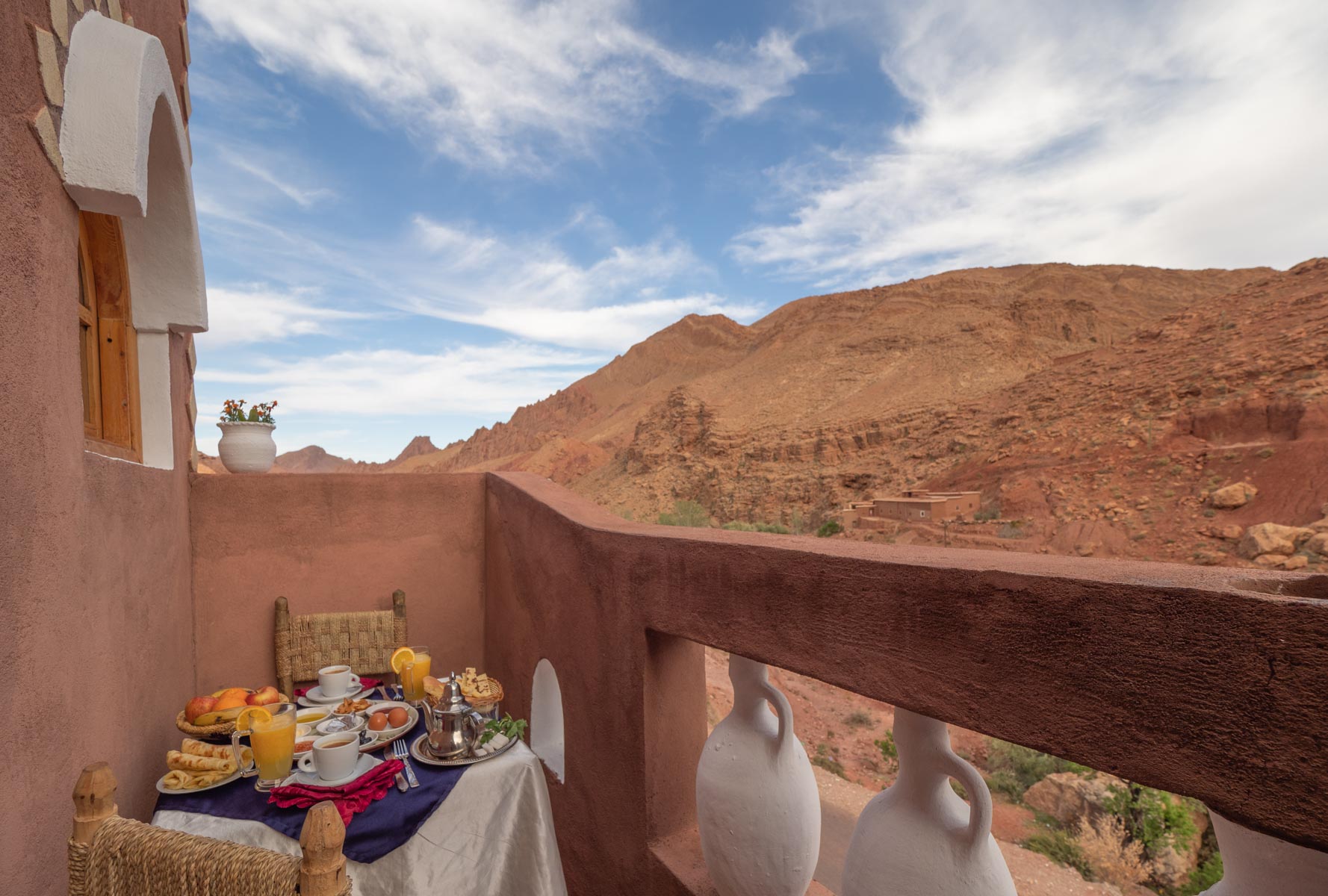
Before embarking on a journey to explore the historical Berber sites in Morocco, there are several recommendations that travelers should consider. Researching the sites in advance can provide valuable insights into their historical significance and help visitors appreciate them even more. It is also important to pack appropriately, considering the weather conditions and cultural norms of the region.
During the trip, it is advisable to hire a local guide who can offer in-depth knowledge about the Berber sites and their significance. This can enhance the overall experience and provide a deeper understanding of the culture and history of the region. Additionally, travelers should respect the local customs and traditions, ensuring a harmonious interaction with the local communities.
After the journey, it is recommended to reflect on the experience and perhaps document it through photos or a journal. This can help preserve the memories of the trip and serve as a reminder of the rich cultural heritage of Morocco. It is also a good idea to share the experience with others, promoting cultural exchange and understanding.
For accommodation in Morocco, one highly recommended option is Auberge Atlas Dades. Situated amidst the stunning landscapes of the Dades Valley, this charming guesthouse offers a unique and authentic Moroccan experience. With comfortable rooms, traditional Berber decor, and warm hospitality, Auberge Atlas Dades is the perfect place to unwind after a day of exploring historical sites.
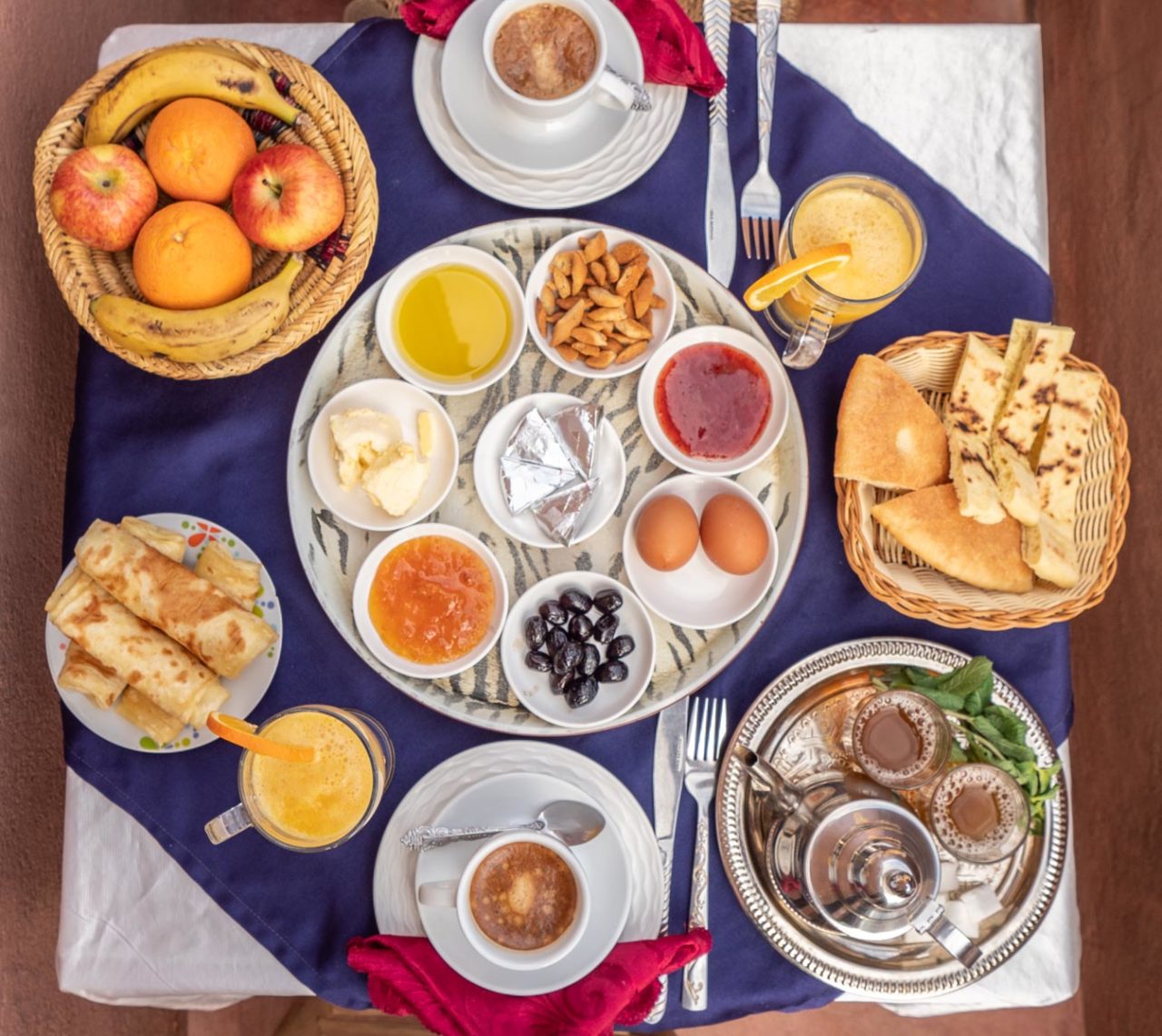


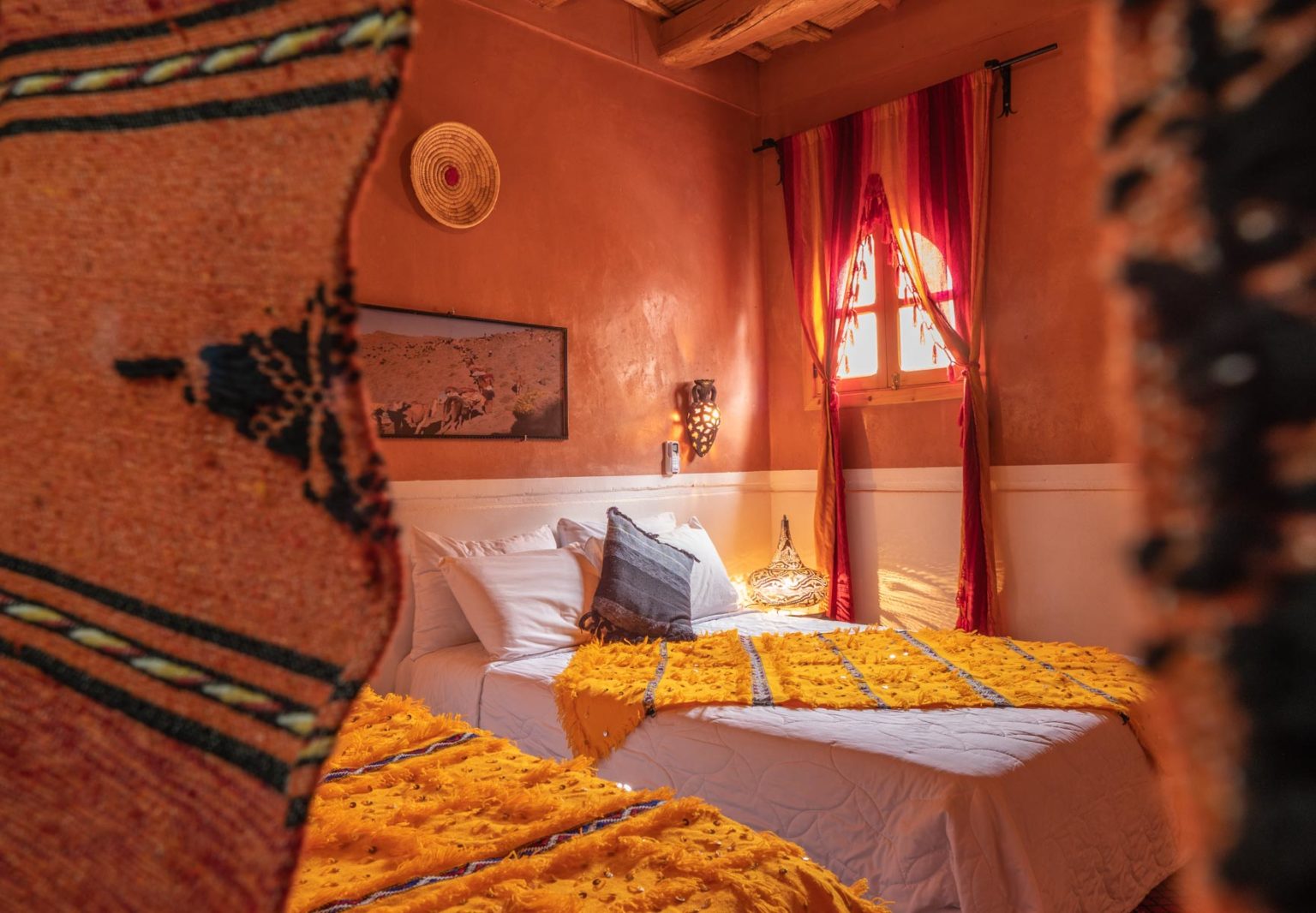
Frequently Asked Questions
1. What are Berber sites in Morocco?
Berber sites in Morocco are historical locations that showcase the rich cultural heritage of the Berber people. These sites include ancient villages, fortresses, and archaeological remains that offer a glimpse into the fascinating history of the Berber civilization.
2. Why should I visit Historical Berber Sites in Morocco?
Visiting Historical Berber Sites in Morocco provides a unique opportunity to immerse yourself in the traditional Berber way of life, explore stunning architectural wonders, and learn about the deep-rooted history of the Berber people.
3. What are some must-visit Berber sites in Morocco?
Some must-visit Berber sites in Morocco include the picturesque village of Ait Ben Haddou, the ancient city of Volubilis, the stunning Todra Gorge, and the historic town of Chefchaouen.
4. How can I get to Historical Berber Sites in Morocco?
You can reach Historical Berber Sites in Morocco by taking guided tours, renting a car, or using public transportation. Many tour operators offer specialized tours that cover multiple Berber sites in a single trip.
5. Is it safe to visit Berber sites in Morocco?
Yes, it is generally safe to visit Berber sites in Morocco. However, like any travel destination, it is important to take basic safety precautions and be respectful of local customs and traditions.
6. What should I wear when visiting Historical Berber Sites?
It is recommended to wear comfortable and modest clothing when visiting Historical Berber Sites in Morocco. This includes lightweight and breathable fabrics, comfortable shoes for walking, and a scarf or hat to protect from the sun.
7. Are there guided tours available for Berber sites in Morocco?
Yes, there are numerous guided tours available for Berber sites in Morocco. These tours are led by experienced guides who provide valuable insights into the history and significance of each site.
8. Can I stay overnight at Berber sites in Morocco?
While some Berber sites offer accommodation options such as guesthouses or campsites, not all sites allow overnight stays. It is advisable to check in advance and make reservations if you plan to stay overnight at a Berber site.
9. What are the best times of year to visit Historical Berber Sites in Morocco?
The best times of year to visit Historical Berber Sites in Morocco are during the spring (March to May) and fall (September to November) when the weather is mild and pleasant. Summer can be very hot, while winter may bring colder temperatures.
10. Are there any local festivals or events related to Berber culture?
Yes, there are several local festivals and events in Morocco that celebrate Berber culture, such as the Imilchil Marriage Festival, the Rose Festival in K
